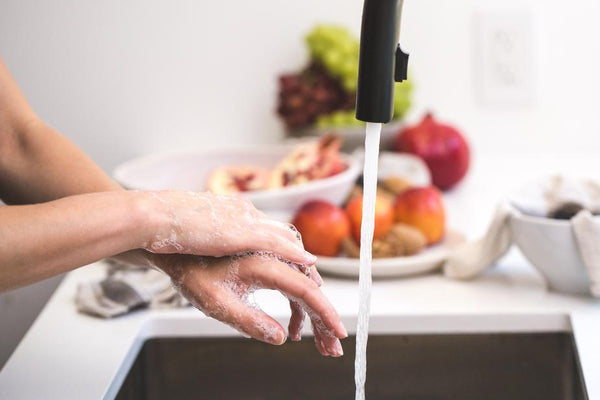Children are not known as the most hygienic, with their apparent willingness to cough, sneeze, pick and wipe with little regard to the consequences that their habits can bring.
So how do we instil into our children that good hygiene habits are essential in order to protect theirs, as well as others, health?
Like with all learning, getting your children into the habit of good hygiene from an early age means that they will do things like hand washing without thinking. And with the world currently in the midst of an increasingly likely pandemic from Coronavirus, a good hand washing routine has become central to stopping the spread of germs.
For those keeping up with the news, the government and the NHS are recommending a hand washing routine of at least 20 seconds, or in other words, the time it takes to sing ‘Happy Birthday’ twice. Primary schools and nurseries have adopted this as part of the day with children being encouraged to wash their hands four times throughout the school day. But on top of this, common sense would say that children should also wash their hands after sneezing, coughing, blowing the nose, before eating and, of course, after using the toilet.
To clean the hands correctly, first wet them under running water and then turn the tap off. Apply soap and lather the hands by rubbing together, making sure that the backs of the hands, between the fingers and under the nails are not missed. This process should take at least 20 seconds. Follow this with a good rinse under water and finish by drying on a clean towel or by air drying. In the absence of water, use hand sanitiser, completing the same routine.
Whilst this advice may be highly relevant at the moment in particular, getting your child into the routine of doing this now is an investment in a healthy future for all of us


